Benefits of Car Care and Maintenance on Fuel Economy
Fuel costs fluctuate and a simple auto care adds to significant fuel savings.
Easy steps to enhance fuel efficiency with proper car maintenance
Use the right oil – Gas mileage can be enhanced by 2% using manufacturer’s suggested grade of oil. For example, utilizing 10W-30 grade motor oil for engine designed to use 5W-20 grade can lower gas mileage by 1 to 2%. Mechanics at the repair station use appropriate grade of motor oil every time your car is taken for maintenance.
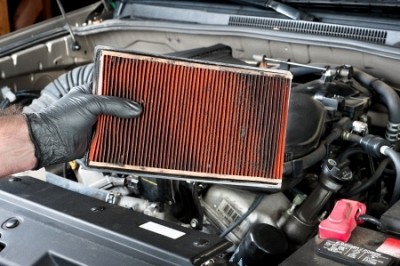
Properly inflated tires – Gas mileage can be increased by minimum 3.2% with tires inflated through proper pressure. Alternatively, under-inflated tires are unsafe, wear fast and waste fuel. It causes the driver significant loss. You can find the recommended tire pressure information for normal use on a sticker in the glove box and driver’s side door pillar. Ensure that the figures do not exceed because overinflated tires are unsafe. Properly inflated tires are not only safe, but last long.
![[ File # csp14508928, License # 3117009 ] Licensed through http://www.canstockphoto.com in accordance with the End User License Agreement (http://www.canstockphoto.com/legal.php) (c) Can Stock Photo Inc. / Pixelia29](https://www.tjautoclub.com/wp-content/uploads/2015/06/Properly-inflated-tires.jpg)
Keep the engine tuned properly – If the car issue is noticeable or has failed emission test have it fixed. This can enhance your fuel savings up to 4%. However, the results will differ on the type of repair and how well the mending is done. For example, repairing is a grave maintenance issue like faulty oxygen sensor enhances your mileage by 40%. You can depend on the maintenance work conducted at Las Vegas Ford Dealers workstation.
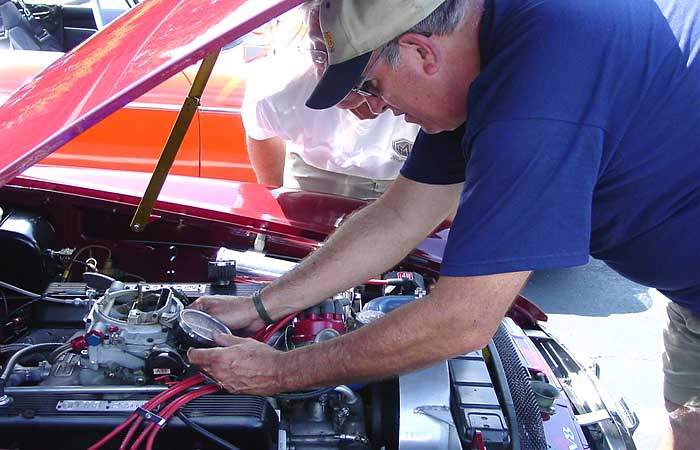
Regular maintenance – Wheel alignment, replacing spark plugs or worn fuel filters and checking shock & struts will help to optimize fuel economy up to 25%. Having a service interval scheduled will help in maintaining the car engine performance. It also saves a lot on fuel and on its repair. It even increases the car resale value.
- Monthly checkups – Check tire condition and pressure, windshield water fluid and lights. Clean the vehicle every month.
- Quarterly inspection – Engine oil & filters, level of other fluids (power steering, brake and automatic transmission), battery, cables, belts & hoses, exhaust and fuel filters must all be checked.
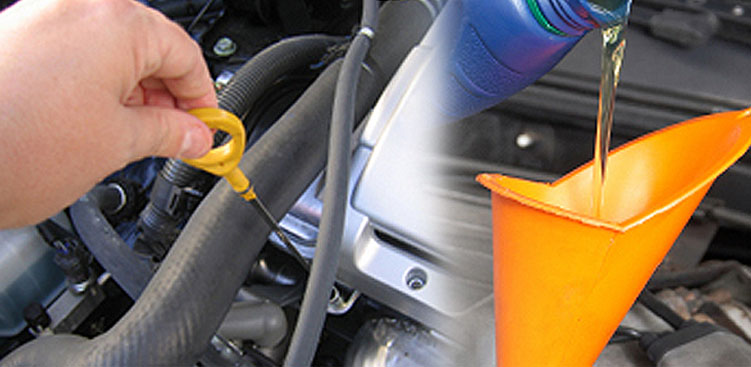
- Half-yearly assessment – after every 6,000 miles or six months the lubrication of chassis needs checking and windshield wipers need replacement.
- Yearly checkups – After every 12000 miles or 12 months have the spark plugs, brakes, steering, suspension and coolant must be checked.
Driving tips to enhance fuel economy – Driving habits also affects gas efficiency. Fuel saving driving tips includes –
- Monitor your speed limit. Aggressive driving wastes gas. Your gas mileage decreases by 33% at highway speeds or speed of 50 mph.
- Idling decreases fuel economy. Basically, cars with large engine waste more gas, when they are idle in comparison. If you are aware that you will have to stop for sometime (at traffic signals or during traffic jams) it is better to turn the engine off rather than idling.
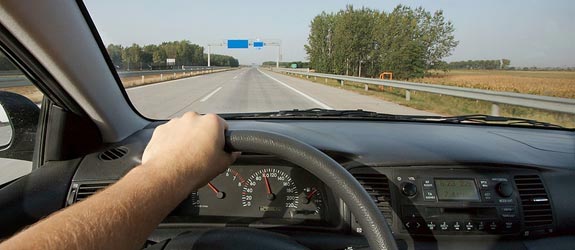
- Avoid quick starts as well as rapid stops
- Several short trips can use more fuel in comparison to making a long warmed up engine. For optimizing fuel economy, it is wise to consolidate trips and save.
- Heavy unnecessary objects must not be kept in the car. Extra 50 kg in the vehicle lowers your mpg (miles per gallon) up to 2%.
- Apply cruise control on highways to maintain constant speed
- Use of overdrive gear reduces engine speed, depreciation and saves gas
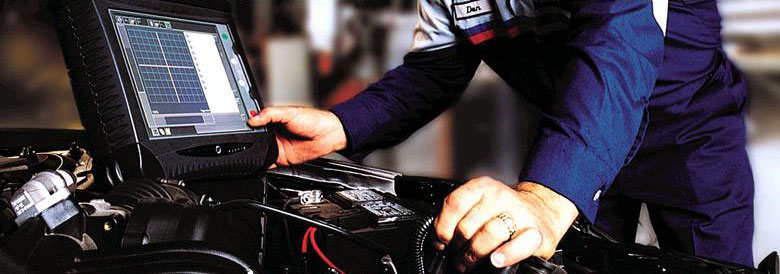
The above tips will help you to lower fuel consumption significantly.




